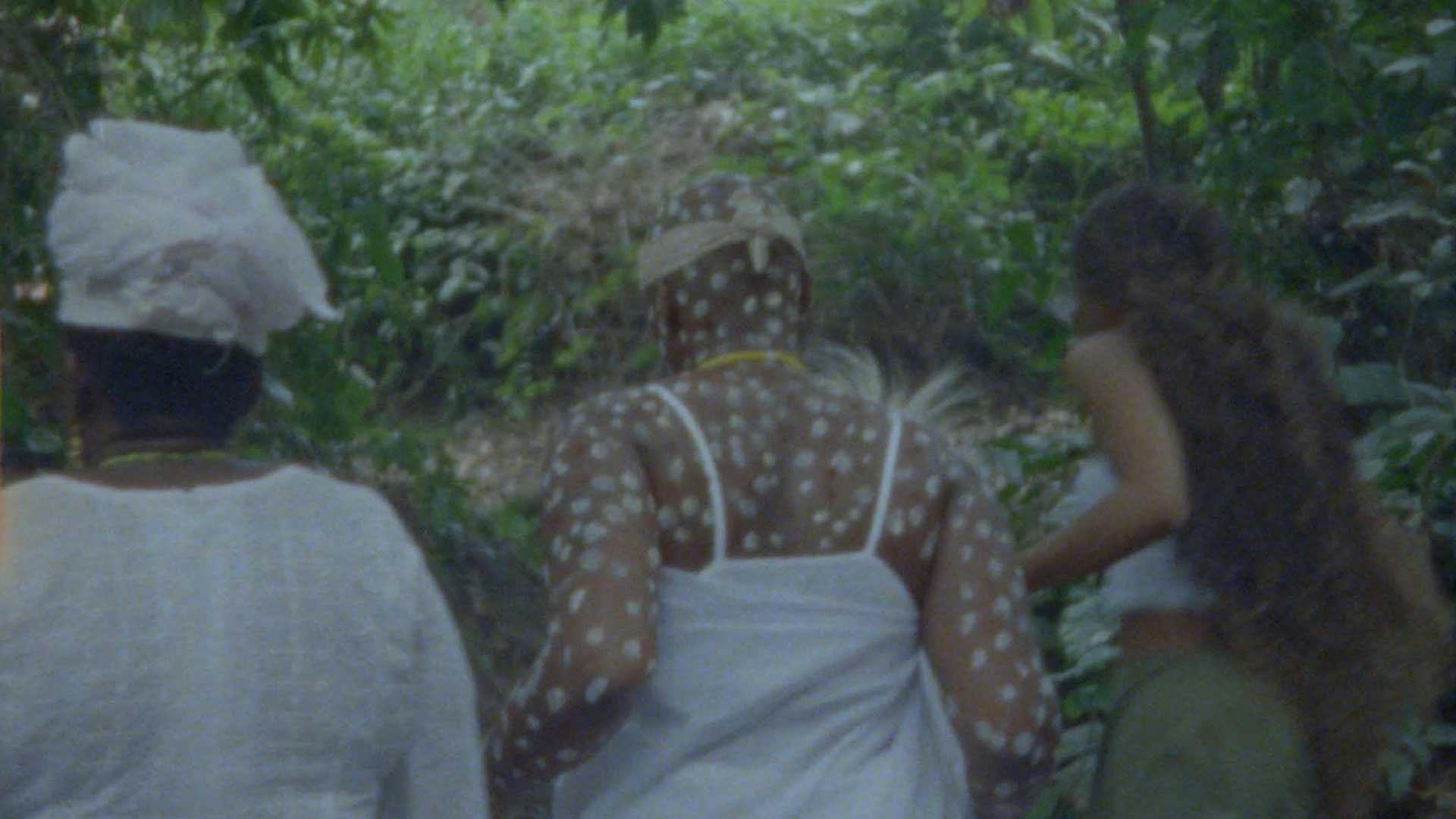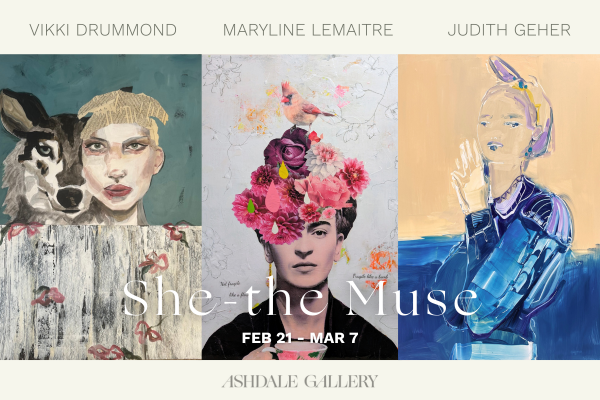As part of the programming series To Wash Ourselves Clean of Desire, presented on the occasion of Rotimi Fani-Kayode: Tranquility of Communion, join us for a double feature screening of Oreoluwa Akinyode’s experimental short film SHINING, IN PLAIN SIGHT, followed by a feature-length screening of John Trengove’s acclaimed 2017 film Inxeba (The Wound).
Doors at 6:30pm
Screening at 7:00pm
Admission is by a suggested donation of $10-$20, courtesy of BMO Financial Group
RSVPs are helpful
SHINING, IN PLAIN SIGHT
Dir. Oreoluwa Akinyode
Runtime: 5min
Set against the backdrop of Akinyode’s godsiblings Jaylin Ifalade Osunlewa Ward and Devan Modupeola Cheaves’ initiation into Osun and Ifá during their first visit to Nigeria, SHINING, IN PLAIN SIGHT paints an intimate portrait of queer African and Black belonging, chosen spiritual families, diasporic yearning, and intergenerational reconnection across African, Caribbean, and Black American contexts. Scored by tender, personal conversations between the filmmaker and their kin, the film explores Black queer and trans relationships with the continent, as well as traditional spiritual practices and rituals.
Inxeba (The Wound)
Dir. John Trengove
Runtime: 1hr 28m
John Trengove’s Inxeba (The Wound) follows a group of young Xhosa men as they undergo an ancient coming-of-age ritual. Over the course of the ceremony, they are burdened by the internal complexities of desire and the immutable—and sometimes deadly—expectations of masculinity, belonging, and prescribed societal roles and values.Together, these films traverse both the fictional and lived dimensions that comprise the queer African experience, while lauding the roles that community, traditional spiritual practices, and connections to the land play in all aspects of identity formation—from our embodied selves to the construction of our longings and desire.
About the Artists
Oreoluwa Akinyode is a griot, telling stories through the language of moving images, still images, sound, and gesture—conjuring tender prayers of urgency that call us to remember our histories. They are an image-maker, filmmaker, archivist, and multimedia producer based in Baltimore, Maryland, currently completing a Bachelor of Fine Arts in Photography at the Maryland Institute College of Art.
Their work, shaped by analog and digital alternative photographic processes, has traveled across the United States, Canada, Brazil, the Netherlands, and England. Deeply invested in the ritual of creation and the legacy of oral traditions, Oreoluwa’s practice exalts Indigenous African spiritualities. As a Nigerian devotee of the Ifá and Òrìṣà traditions from Yorùbáland, they affirm these practices as sacred technologies of memory, self-reclamation, and destiny.
Oreoluwa is the 2025 Resisting Narratives of Erasure Film Fellow, a Valerie J. Maynard Legacy Intern, the 2024 Fresh Black Films Audience Award Filmmaker, a 2023 Gotham EDU Film and Media Career Development Fellow, and a 2023 Queer|Art Barbara Hammer Lesbian Experimental Filmmaking Grant Finalist.
John Trengove is a South African writer and director. His debut feature The Wound opened in Sundance and Berlin and was named “the most important LGBT film you will see in 2018” by i-D magazine. The controversial film was briefly banned in his home country and went on to collect 28 international awards, including Best First Feature at the BFI London Film Festival and Best International Feature at Outfest. It was shortlisted for the International Feature Oscar in the same year. His second feature film, Manodrome, starring Jesse Eisenberg, Adrien Brody, and Odessa Young, premiered at the Berlinale Competition, and was released around the world in 2023. His third feature is currently in development.
John’s work also spans television, commercials, and theatre. He directed the cult hit play The Epicene Butcher which played at the Edinburgh Fringe Festival, and his television miniseries Hopeville won the Rose d’Or in 2010 and was nominated for an International Emmy. He has received 2 Best Director SAFTAs and an honourary award from the South African Academy of Arts and Sciences for his work in television, especially the drama series Swartwater. John trained as an actor and studied film at NYU’s Tisch School of the Arts. He lives between Cape Town and São Paulo with his husband, filmmaker Marco Dutra.

